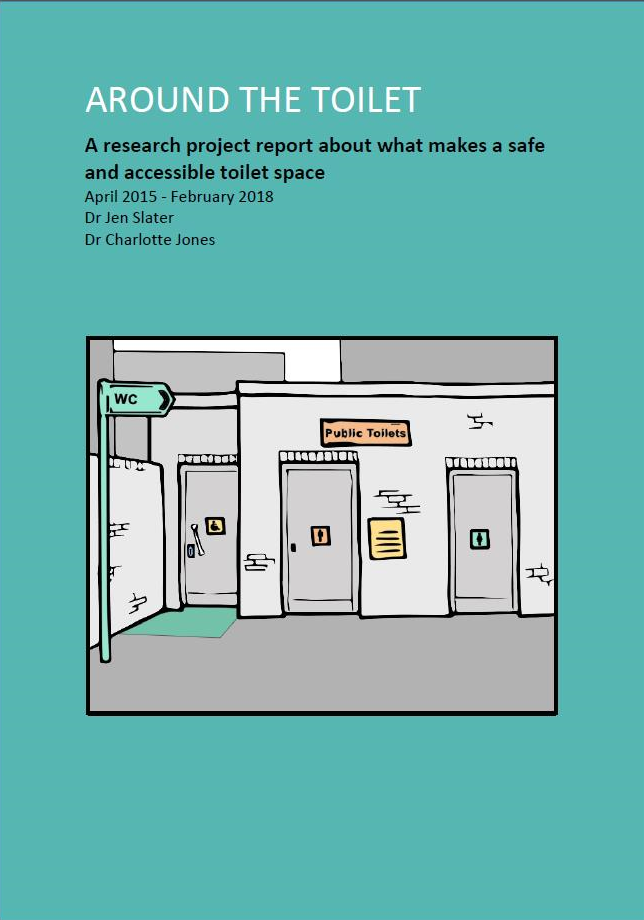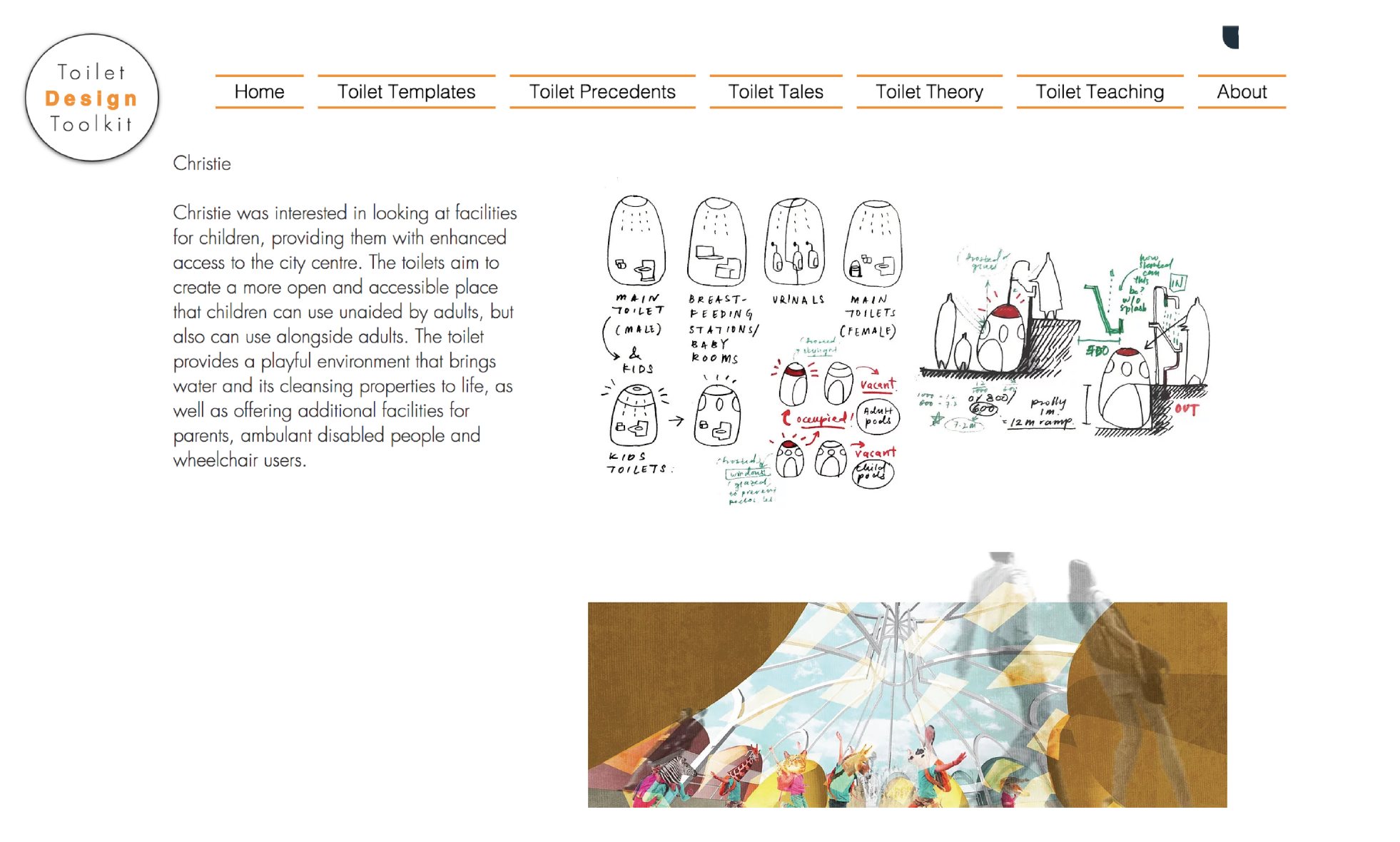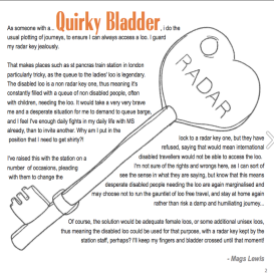At the end of October, the government released an open consultation with the title, ‘Toilet Provision for Men and Women: a Call for Evidence‘. The original deadline for the consultation was Friday 29th January, but this has now been extended until 11.45pm on 26th February. Jen and Charlotte responded last week. Our response was largely based on findings from our project report and a recent open access journal article which focuses on trans people’s access to toilets.
Like other trans people, organisations, and journalists have pointed out, we situate the framing of this consultation within wider attacks on trans rights, and as an attempt to put the needs of (cis) women and trans people into unnecessary conflict.
We deliberated as to whether to share our consultation response in full on this blog, and have decided not to at this time. The reasons for this are multiple, but after seeking advice we were especially worried that ‘copy and paste’/template responses to the consultation may not be helpful, as they could be dismissed in bulk and devalue individual submissions.
We are also very aware of the burden put on trans people in responding to government consultations recently, and unsure as to the merits of encouraging others to respond to this (concerns shared by others). However, since the extension of the consultation we have noticed a number of useful threads, commentaries and advice for people who do wish to respond, and we’ll use this blog post as a place to bring some of these together. If you think we’ve missed anything, then feel free to get in touch and let us know. As always, please draw on any of the resources provided on our blog.
In our response, we stressed that we welcome further financial investment in public toilets. However, despite the claims made in the consultation, there is no evidence to suggest that there has been a significant recent increase in gender-neutral toilets, especially at the expense of gendered provisions, which are nearly always provided closeby. We made the case that gender-neutral toilets should be provided as standard alongside gender-seperated toilets, and that they would benefit a range of people, including: parents with children of a different gender; those who care for people of a different gender; and some disabled people who have a personal assistant of a different gender.
Gender-neutral toilets are also viewed as a safer and more comfortable option for some people whose gender is questioned in the toilet, including some transgender and non-binary people, as well as some cisgender people (i.e. people who are not transgender), particularly those who are gender non-conforming and/or lesbian, gay, bisexual, or queer. These provisions can also be a way of showing recognition that some people aren’t a man or a woman, and aren’t represented by those two options alone.
We suggest that where there isn’t space for both gender-neutral and gender-seperated provision, gender-neutral provision should be prioritised, as is already the case in many small venues, such as coffee shops. Self-contained private gender-neutral toilets with their own sink were the ideal option for many people who spoke to us in our research.
We made some specific suggestions regarding gender-neutral toilet design and signage, following the recommendations in our report. We have also highlighted that there is a need for more (gender-neutral) accessible toilet provision.
Advice on what this consultation is (and isn’t)
- A Twitter thread by Dr. Harry Josephine Giles, who points out that this consultation is not a UK equivalent of the North Carolina ‘Bathroom Bill’ (which prohibits trans people’s use of public toilets that do not match the sex listed on their birth certificates). https://twitter.com/HarryJosieGiles/status/1356237737750364167?s=20
At the current time in the UK there is no legislation or law that dictates who can enter a particular toilet, and this consultation is unlikely to change this position. Social convention, prejudice and marginalisation, however, do impact on trans (and other) people’s access to toilet spaces, and gender-neutral toilets can be helpful in reducing gender policing in the toilet. Many trans people that we spoke to told us of the relief that they felt when they came across a gender-neutral toilet. This consultation relates to building regulations, which may influence the amount of gender neutral toilet provision available, which would, in turn, impact upon some trans (and some cis) people’s access to toilets away from home. Our report provides evidence of useful research which you can cite if you want to.
https://aroundthetoilet.files.wordpress.com/2018/05/around-the-toilet-report-final-1.pdf
Templates & resources to help write a response
Dr. Giles points out that ‘copy and paste’ responses to the consultation are not likely to be helpful, and she suggests that responses from individuals will only be effective if they include personal testimony and/or individual research. This is also in line with the advice that we have been given. However, if you think a template or example of layout, research, and key issues would be helpful to you, please take a look at the guidance below.
- We Exist London has created a template response with space to add personal testimony. If you use this template, we’d encourage you to add your own personal testimony (as a trans or cis person) and, if possible, also change the wording you borrow from the template. https://docs.google.com/document/u/1/d/1cZ4Vw4rfVV2GqF4y3cToIHApxGhpoop38x8FTwkGj0c/mobilebasic
- Sisters Uncut Leeds have put together some advice and a list of examples and issues that you may want to address which, if you agree, you can borrow and put into your own words. https://docs.google.com/document/d/16h-k8Z4GHUqD0O5GV2DQZ23A6gXHip_mJ2jdYxobaTE/edit
- Gendered Intelligence outlined some of the key messages from their response to the consultation in this useful Twitter thread. It includes a reference to Stonewall’s (2017) Trans Report which has a section about trans people’s experiences of using toilets. It mirrors one of the key points from our own response (and our report): that gender neutral toilets are not only an access need for trans people (although this is important), but also for reasons of parenting, caring, personal assistance, privacy and so on.
https://twitter.com/Genderintell/status/1356292573330108417 - This template is specifically for the use of people working at venues with public toilets who wish to respond. Some of the text is credited to Gendered Intelligence and We Exist London. As with the above, it’s best to put the text into your own words if possible. (We’re not sure who has written this, but if you made it, and want to be credited, please get in touch) https://docs.google.com/document/d/18fqsJEwHNvNrYkET7i2J3mHMupuXkgMbOF0wYvBcHSM/edit
You may want to include some of the reasons gender neutral toilets are important to you – this could be because of gender policing, but also other reasons, such as those listed above.
One of the underlying arguments used against providing gender-neutral toilet provision is that it is harmful to cis women (women who are not trans), due to the presence of men. Many women do not have a problem sharing a toilet with people of other genders – if you are a cis woman planning to respond, you might want to include your own views and wording to this effect.
Related journalism and articles
The links below provide some useful information and background to the consultation and its wider context.
- UK Government Accused of Reigniting ‘Culture War’ Over Gender-Neutral Bathrooms, Ruby Lott-Lavigna
https://www.vice.com/en/article/y3geyv/uk-government-accused-of-reigniting-culture-war-over-gender-neutral-bathrooms - Butch lesbian opens up about ‘increasing harassment’ she faces when she uses public toilets, Jasmine Andersson
https://inews.co.uk/news/uk/butch-lesbian-public-toilet-women-abuse-government-review-gender-neutral-facilities-833787 - TERF Wars: An Introduction, Ruth Pearce, Sonja Erikainen, Ben Vincent
https://journals.sagepub.com/doi/full/10.1177/0038026120934713 - The toilet debate: Stalling trans possibilities and defending ‘women’s protected spaces’, Charlotte Jones and Jen Slater (this is our own open access article, published last year)
https://journals.sagepub.com/doi/10.1177/0038026120934697?icid=int.sj-full-text.similar-articles.2








